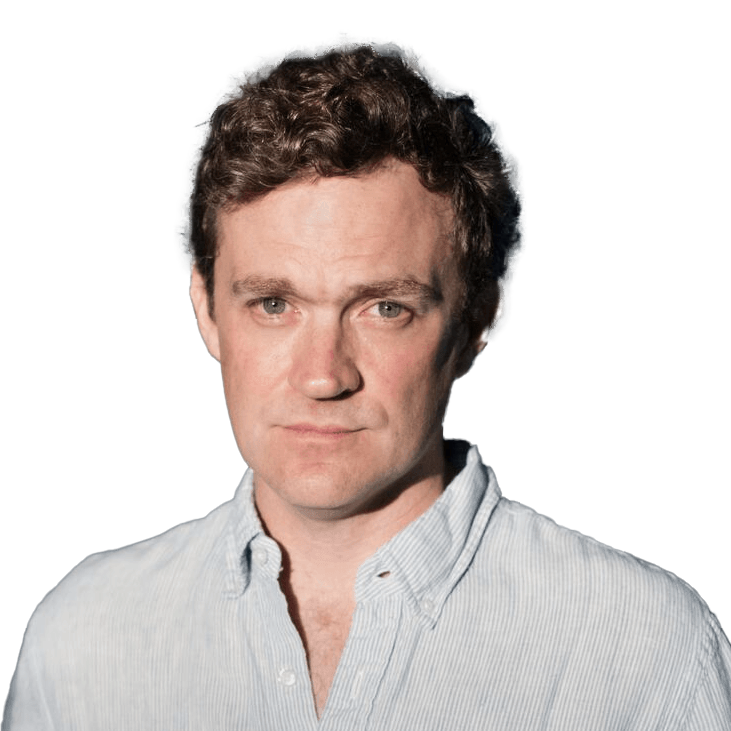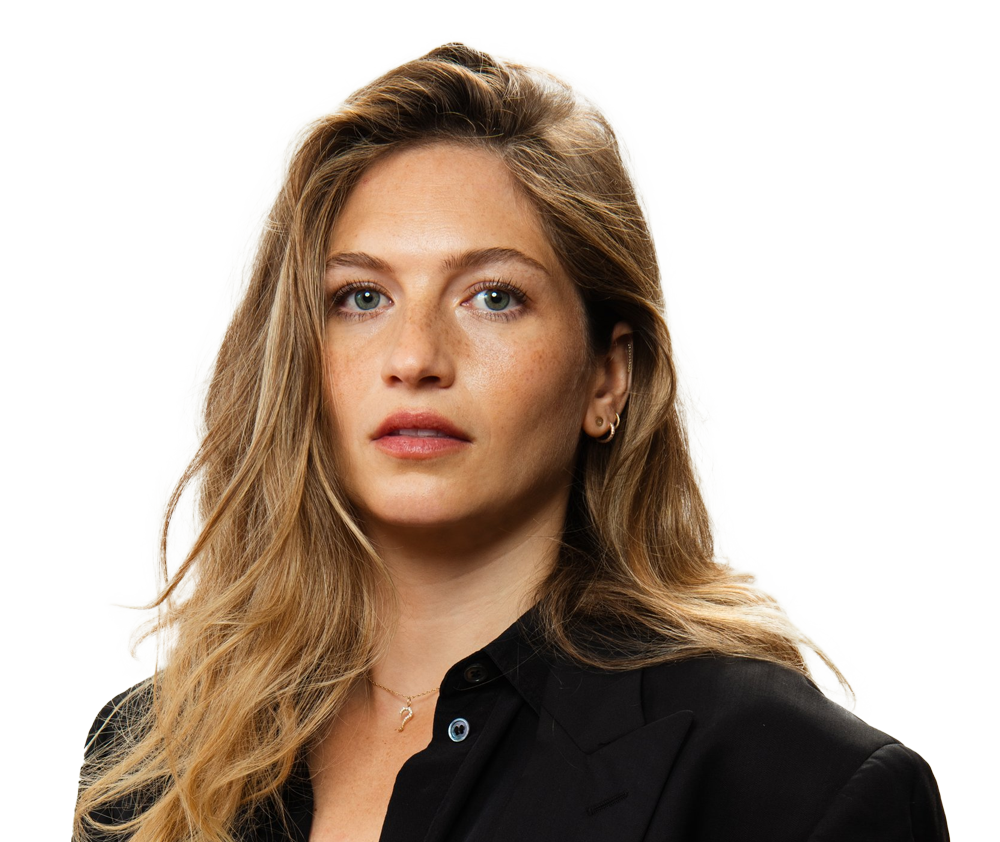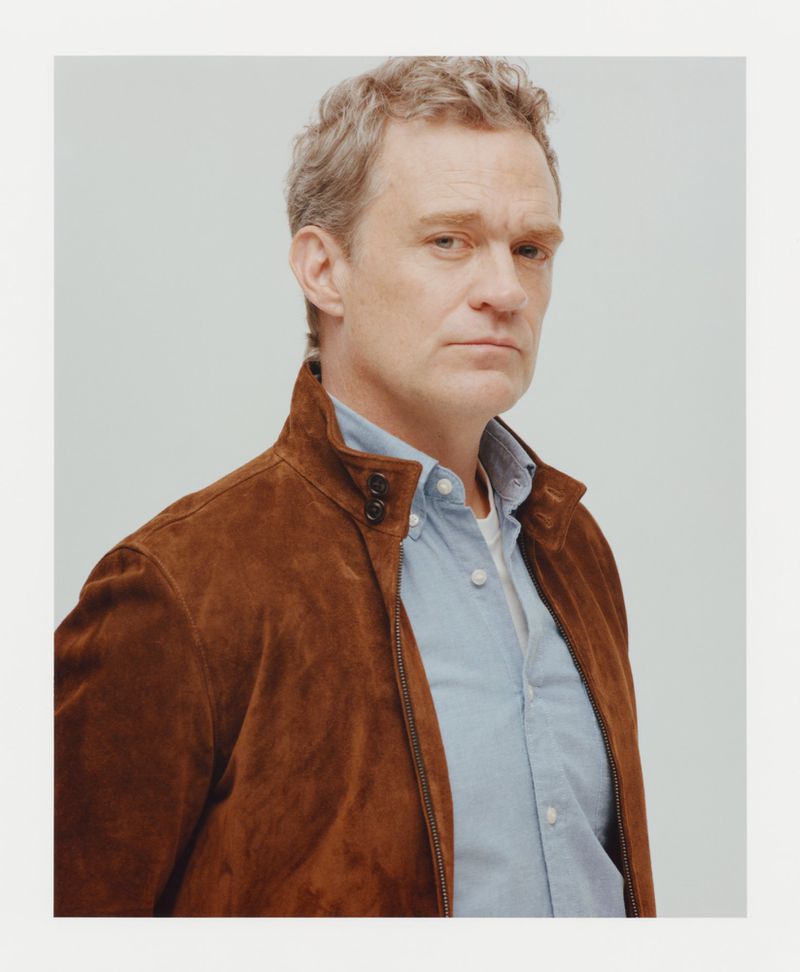
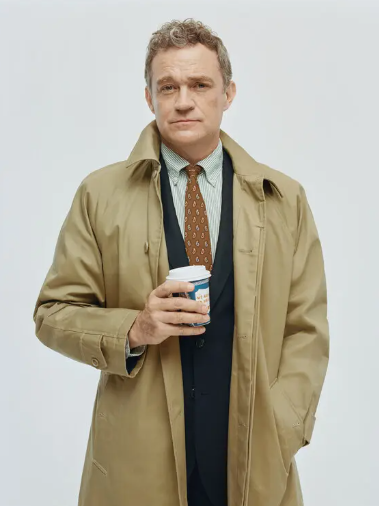
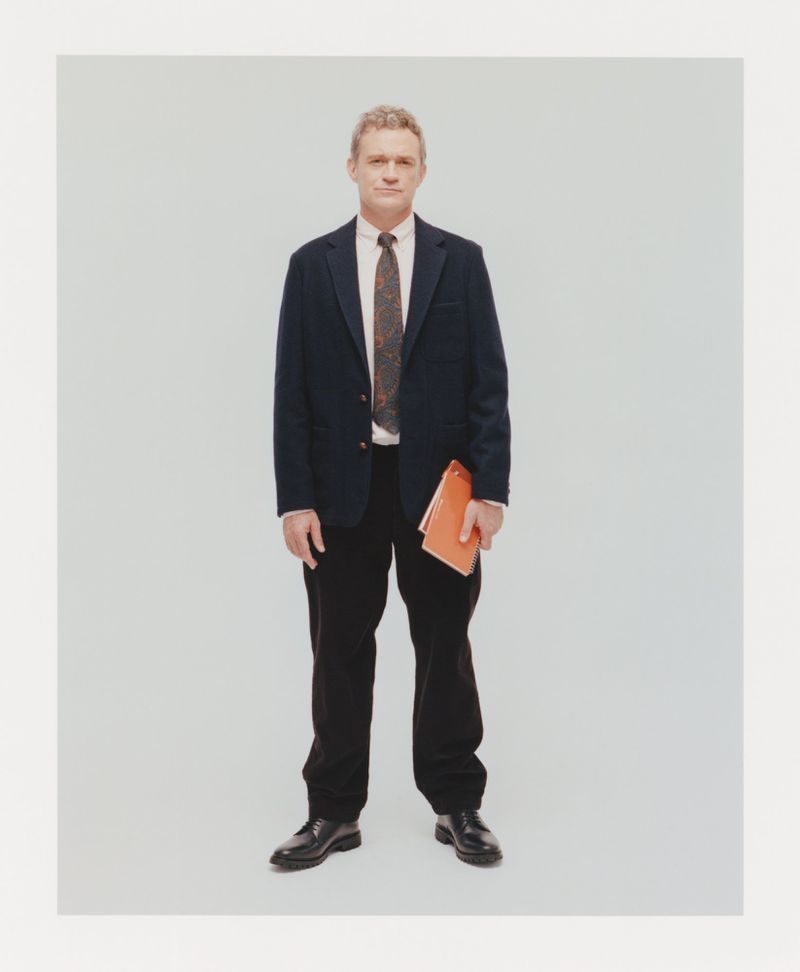
This interview has been condensed and edited for clarity, and organized around key phrases in the conversation.
Starring in a J. Crew ad
I didn’t go into it with that conscious intent, it was just something that came up and seemed fun. But I do think that partnerships of various sorts are a good thing, and that it’s not enough these days to do the work and hope that people find it on their own. I try not to be too precious. Sometimes you have to go out and bang the drum. As for staying grounded, it helps to have adolescent kids who think I’m a gigantic loser.
Making Obama’s reading list (twice)
That was a nice surprise, not least because I think he has quite good taste; a lot of his other picks are books I love. There was definitely a bump in book sales, but what I’m really grateful for is the chance to find new readers through that sort of recommendation, people who might never have encountered my work. I’m always grateful for any affirmation by people who have read the books. It’s certainly nice when it’s someone with a huge platform or someone I particularly admire, but honestly, it means so much to me when I go out and meet ordinary readers who I’ve never heard of and will probably never see again but who have devoted many hours of their lives to read what I’ve written. That still feels like magic.
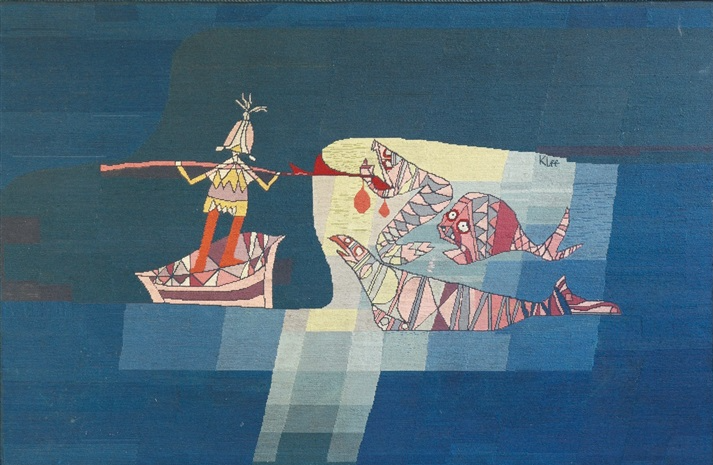
Sinbad the Sailor
As a kid, I had a print of Paul Klee’s Sinbad the Sailor on my bedroom wall. It’s an image of a guy in a little boat holding a spear and facing several big and hungry-looking sea monsters. There’ve definitely been times when I felt like I was facing down a much bigger, nastier, more formidable quarry.
The ultra-wealthy
I think extreme wealth tends to pollute people’s judgment, both their moral judgment and also the fidelity of their empirical understanding of the world around them. To be very wealthy almost inevitably means insulating yourself from the kind of touch points with ordinary people that inform the way most of us experience and understand the world. This tends not to be particularly conducive to compassion, or to the kind of self-critique that I think is essential if you’re trying to live a reasonably ethical and responsible life. This may not be an ironclad rule of human behavior, but I think it’s a prevailing tendency, one which the very wealthy tend to avoid only through a lot of conscious effort.
Denial
Self-delusion is a powerful drug! We’re all capable of telling ourselves a story that justifies our own bad behavior, but I think in the case of the Sacklers we saw a particularly extreme version of it. If you’re surrounded by sycophant courtiers who believe that the only way to keep their job is to reaffirm everything the boss says, at a certain point you are going to lose touch with reality. The tariff policy of Donald Trump is a more recent example of this phenomenon. I’m fascinated by the psychology of denial in general, but also the way in which the very powerful and the very wealthy, who you would think could avail themselves of the best advice, are actually much more susceptible to this form of cognitive drift.
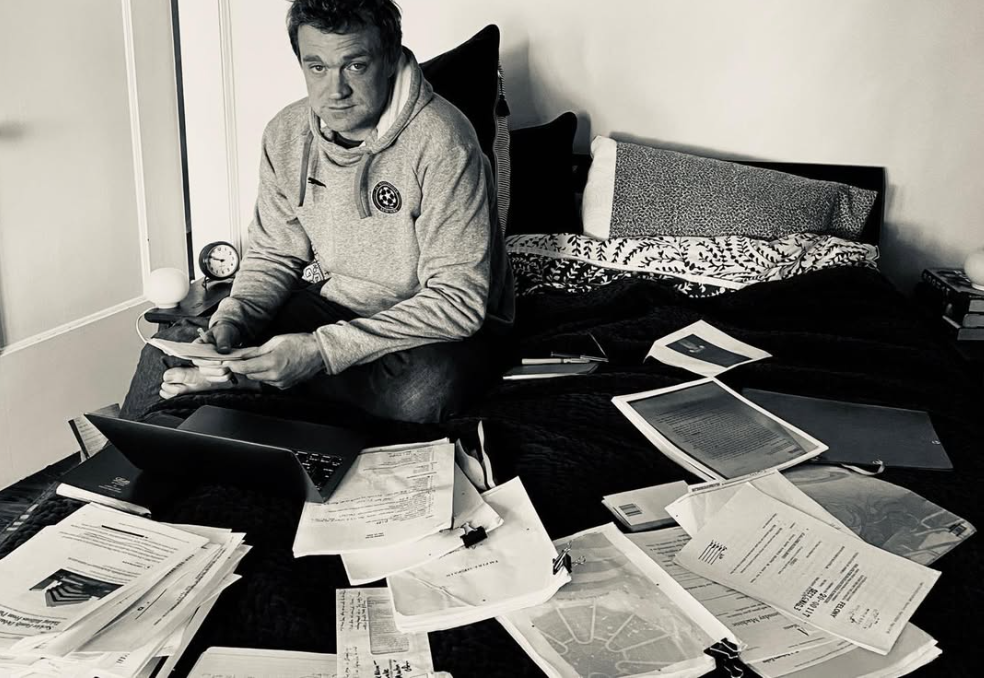
Print is not dead
I don’t think print is dead, not yet anyway. I still read a bunch of magazines in hard copy, to say nothing of books. I love the tactile and aesthetic experience of reading print, and the way in which I am able to concentrate more deeply when I’m not distracted by a bunch of competing tabs. That said, it would be naive not to recognize that print is in serious decline. For writers, I think this means that if you want to make a career as a reporter you need to think creatively and across different media: Try different forms, make a podcast or a video story or a documentary, invent some new form altogether.
People want to be told stories, that’s not going to go anywhere, but we shouldn’t be too wed to any one way of telling them. For publishers who want to continue producing a print publication, I think that the beauty and distinctiveness of the object itself are important, more so than they have been in the past. A magazine, whether it’s one of the big legacy glossies or a little startup, needs to make a case for itself as a fetish object, something you want to pay for and display on your coffee table and hold in your hands.
Keeping secrets
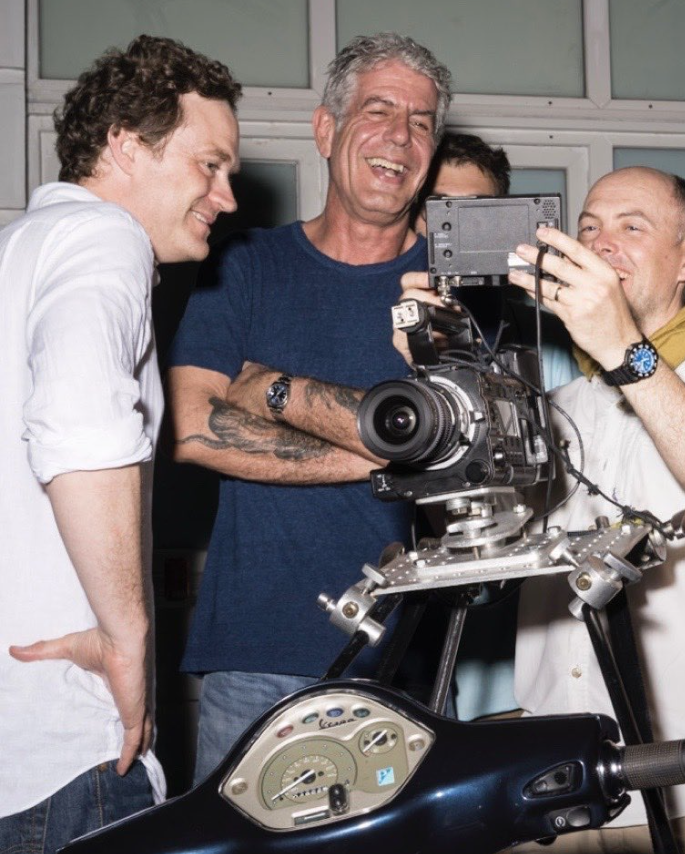
I worked at the Pentagon for a year and held top-secret clearance. I was actually shocked by how little we knew about some things, and how much we knew about others. I was also astonished by how many people had security clearances, and by how much information was classified that didn’t seem like it should be. Overall I came away with a pretty jaundiced view of our classification bureaucracy.
Anthony Bourdain
It’s funny, I think about Bourdain all the time, and to return to the question you started with, things like saying yes to that J. Crew ad—saying yes to things in general—that’s a tendency that I really learned from him. There are a bunch of other small ways in which having been lucky enough to know Tony for the short time that I did has influenced my life and work. But Tony had a darkness in him that I don’t. There was a depressive tendency he had, and real demons of a sort that (at least for now, touch wood) I seem to lack. So I’m always chasing something, for sure, but most of the time it’s just driven by my own interests, or a sense of injustice or indignation, or this thing I’ve always had where if you tell me there’s a secret, I want to know what it is.
July 9, 2025
Photos provided courtesy of the Fellow.
